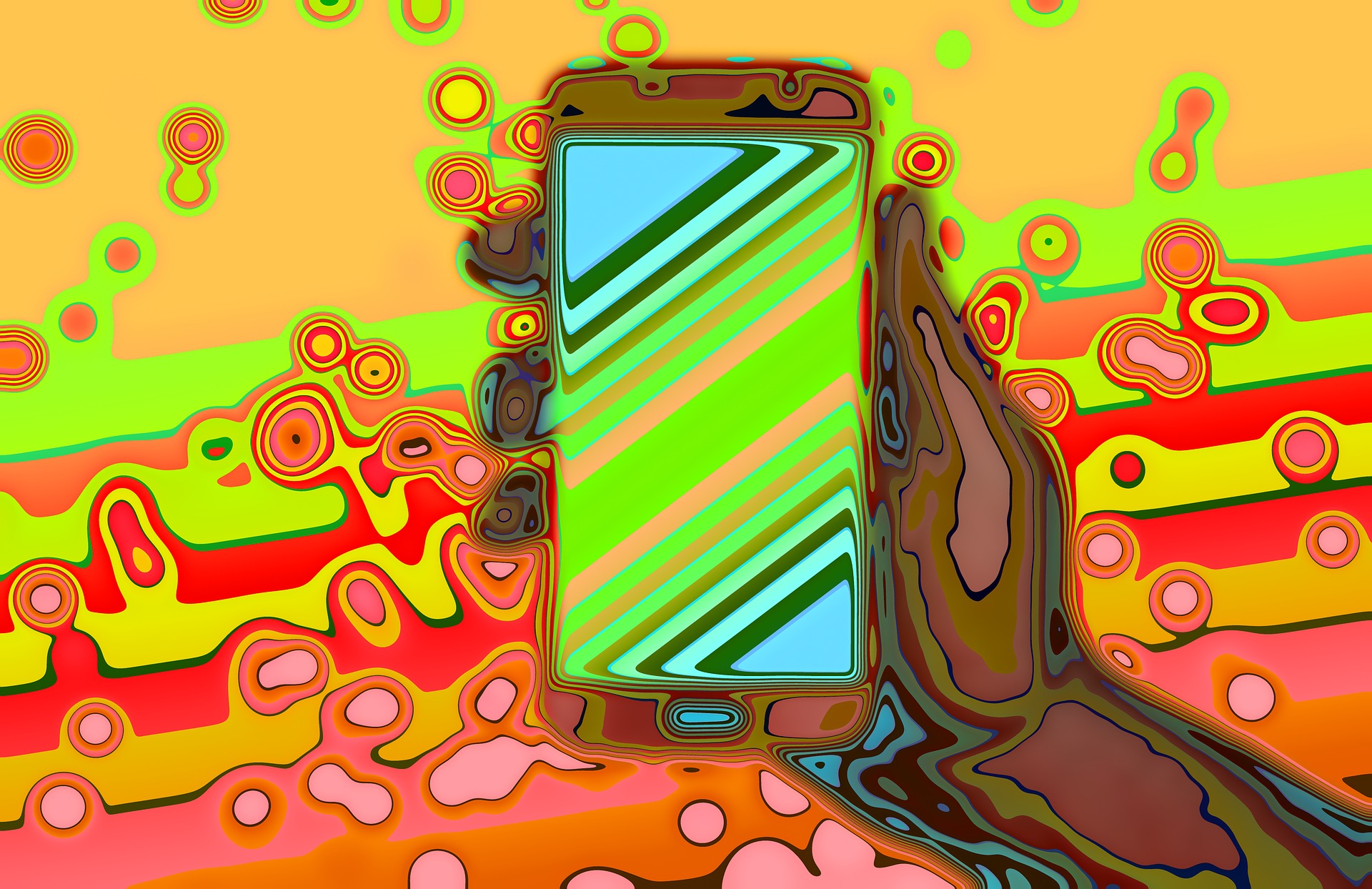Mental health apps are rarely “evidence-based,” according to a new study published in JNCN in Advance. Additionally, most apps require purchase, and the privacy policies are incomprehensible to the layperson. That’s according to researchers led by Mia Minen at New York University.
Minen and the other researchers looked at the 83 most popular apps for migraine, Alzheimer’s disease and dementia, depression, anxiety, and depression and anxiety combined. They found that only 18% of the apps even claimed to be evidence-based.
The researchers did not scrutinize the evidence cited by the companies, but they did notice that “that evidence was often minimal and of a pilot nature.” Pilot studies often use strange or unscientific outcomes to assess whether people would even want the intervention, and these are usually done before assessing actual clinical outcomes.
Only a single app offered an “established intervention”—Betterhelp, which provides therapist-supported cognitive behavioral therapy. It is unclear, however, if even this intervention is evidence-based when delivered through the app.

The abstract for the current study was published last year by the same authors (in a slightly different order). In that publication, the authors were more explicit:
“There is a disconnect between apps claiming to provide intervention and apps being thoroughly studied and evidence-based. Despite this, many apps requested payment to acquire full app function.”
The researchers included a lawyer to evaluate the privacy policies of the apps. They concluded that the policies were too complex to be readily understandable by the layperson. Even when written in supposedly clear language, the average user would be unaware of what level of sharing or selling personal data might be permissible under the agreement.
The researchers intimated that they had asked laypeople about the privacy policies as well—although this was not described in their methodology.
“While the majority of the apps had privacy policies, lay people had difficulty understanding their implications,” they write.
This is consistent with previous research, which found the apps’ privacy policies just as inscrutable.
Interestingly, in last year’s publication, researchers Mia Minen and John Torous declared that they had no conflicts of interest regarding this research. However, in the current publication, they report their conflicts correctly.
Minen developed “intellectual property”—an app for migraine relief known as RELAXaHEAD. Torous leads Beth Israel Deaconess’ mental health app development program; he also headed the American Psychiatric Association’s workgroup on the evaluation of smartphone apps. Mad in America previously spoke with Torous regarding his app, mindLamp, and the use of artificial intelligence in mental health apps.
Concerns have been raised about the use of healthcare apps that are untested and do not actually show the results they purport to show. They may lead to harms such as overdiagnosis, according to researchers.
In his previous interview with Mad in America, Torous put it this way:
“A lot of the digital mental health offerings directed to consumers are not evidence-based. They’re often not effective, and they’re often not safe, in that the business models take people’s personal health data, market it, sell it, or who knows what they’re actually going to do with that data.”
****
Minen, M. T., Gopal, A., Sahyoun, G., Stieglitz, E., & Torous, J. (2020). The functionality, evidence, and privacy issues around smartphone apps for the top neuropsychiatric conditions. JNCN in Advance. DOI: 10.1176/appi.neuropsych.19120353 (Link)















“Mental Health Apps Rarely Evidence-Based,” how shocking, given nothing about the so called “mental health” industry is evidence-based either.
Report comment
It’s hard to tell if a study like this is meant to “protect the consumer” from health advice that is useful but not mainstream, or from buying into a mindset that places convenience above results. We can assume these “apps” are being designed and marketed, for the most part, for the sole purpose of sucking more usable data out of people who could be potential customers for various commercial operations. Who really thinks that buying a “mental health app” will make them feel better or resolve anything? I suppose there are people out there who are so confused about the subject that they are gullible enough to believe such an app offers real help. If so, that’s really too bad.
Report comment